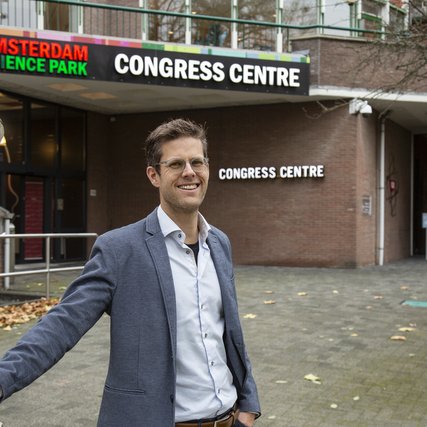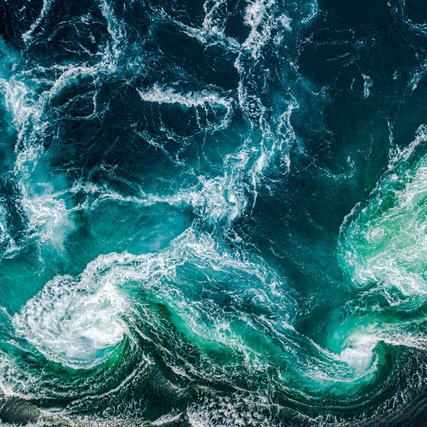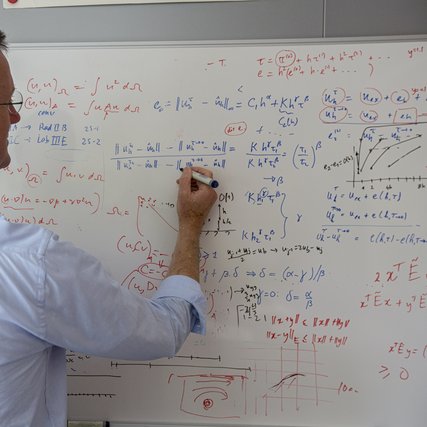The Scientific Computing group at CWI develops efficient mathematical methods to simulate and predict real-world phenomena with inherent uncertainties. Such uncertainties arise from e.g. uncertain model parameters, chaotic dynamics or intrinsic randomness, and can have major impact on model outputs and predictions. Our work is targeted in particular at applications in climate, energy, and finance. In these vital areas, the ability to assess uncertainties and their impact on model predictions is of paramount importance. Expertise in the SC group includes uncertainty quantification, reduced order modeling, data assimilation, and stochastic multiscale modeling. The availability of data to inform and improve simulations and predictions, for example through learning and data-driven modeling, plays an important role in our research. In this respect, the group has recently gained traction in the emerging field of scientific machine learning, in which knowledge of computational physics is combined with machine learning algorithms.
The SC group organizes the seminar on Machine Learning and Uncertainty Quantification in Scientific Computing.
More information related to outreach, group challenge and software development can be found on our Github page.


















